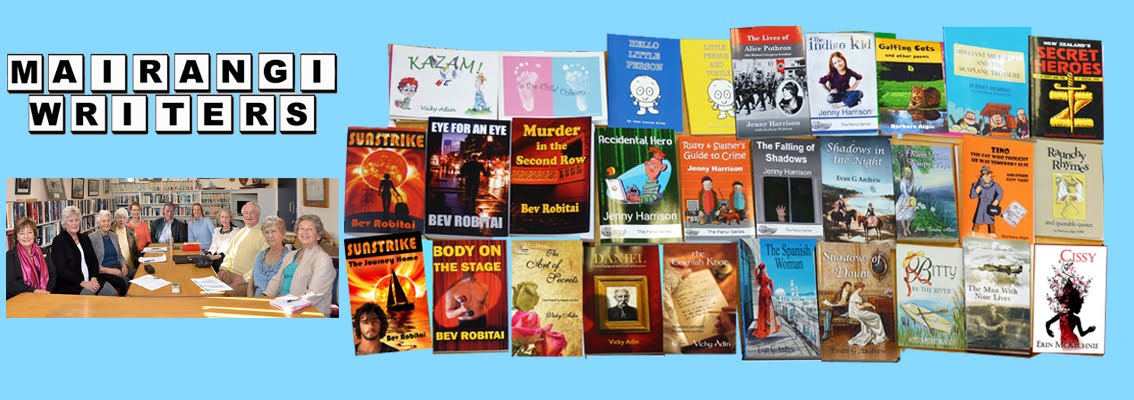A few weeks ago one of my fellow writers
Vicky Adin asked the question, what makes you buy a book?
I too, have asked myself this question, and
find there seems to be no easy answer to this question, as like books, people
are different too, with their own reasons and foibles, that there is no easy
answer to.
I am not an impulsive person, but sometimes
things just happen.
One hot, sunny day in late August whilst I
was on holiday at Queensland’s Sunshine Coast, I was just finishing drinking a
cup of coffee outside in the lovely Sunshine Plaza, at Maroochydore, when I
noticed a well known Australian bookstore was having a sale outside their
store.
The banner read ‘Give Away Prices.’
I can never resist a bookshop.
So,
coffee finished I wandered over to the outside tables, and browsed around
seeing all the variety of books from children to cooking, sports star, fiction,
non-fiction, through to the classics of Shakespeare and Austen.
One stack of books caught my eye.
Smaller in size than the traditional book,
but quite thick, with a buff coloured grained cover, it screamed good taste and
quality.
The title said it all, ‘The Death of Lyndon
Wilder,’ and the Consequences Thereof.
I knew immediately it was an historical
novel, even before I saw the small tasteful cameo picture beneath the title,
and I was hooked.
I turned it over, and read the two
paragraphs from the novel at the back.
Eagerly, I opened the book, read the
flyleaf, flicked through to the middle of the book, read a few paragraphs more,
felt the quality of the paper, and the clarity of the print, and I was
completely hooked.
The author, E.A.Dineley is female, and
lives in London. This is her first novel, said the oh so brief, two lines in
the back of the fly leaf.
I immediately took my copy to the bored
looking girl beside the cash register at the table, and for the princely sum of
two Australian dollars, the book was mine.
Crazy, ridiculous, I could hardly believe
it!
All I could think of was what it must have
cost to produce the book, and what royalties the author could expect, if they
were giving it away like this!
I couldn’t believe my luck though, as I was
desperate for something to read, and I knew I’d struck a winner here.
I
was aglow with pleasure at my purchase, however as a fellow author, all I could
think of was why are they throwing this excellent, quality book out. Sure, they
had a stack of them, but two dollars?
To cut a long story short, I devoured the
book and it lived up to my expectations in every way. It started off slowly,
and just got better and better.
Even though you knew, (or thought you
knew), before you got to the end, you read on, loving every part of it, and not
wanting it to end.
The research, English, descriptive
passages, as well as the characters, could not be faulted in any way, so full
marks to the author.
The really good news is that when I Googled
Ms Dinerey, I found that she had written a second book, ‘Castle Orchard.’
This book, an identical copy to the first,
apart from the title and small cameo picture, (they call it branding), takes
one of the lead characters from the first book, and weaves another complete
story, with a fresh heroine thrown in.
This book was equally as good as the first,
and I am awaiting eagerly the arrival of another book, appearing soon.
Which brings me back to Vicky’s original
question of why did I buy the book?
I think it was the cover design, title,
quality, period, substance, and the impact of the author’s writing as well.
I must confess the reason for my original perusal of the
books was the drawcard of all books at $2.00, but that couldn’t have been the
reason.
Or could it?
Evan G Andrew



